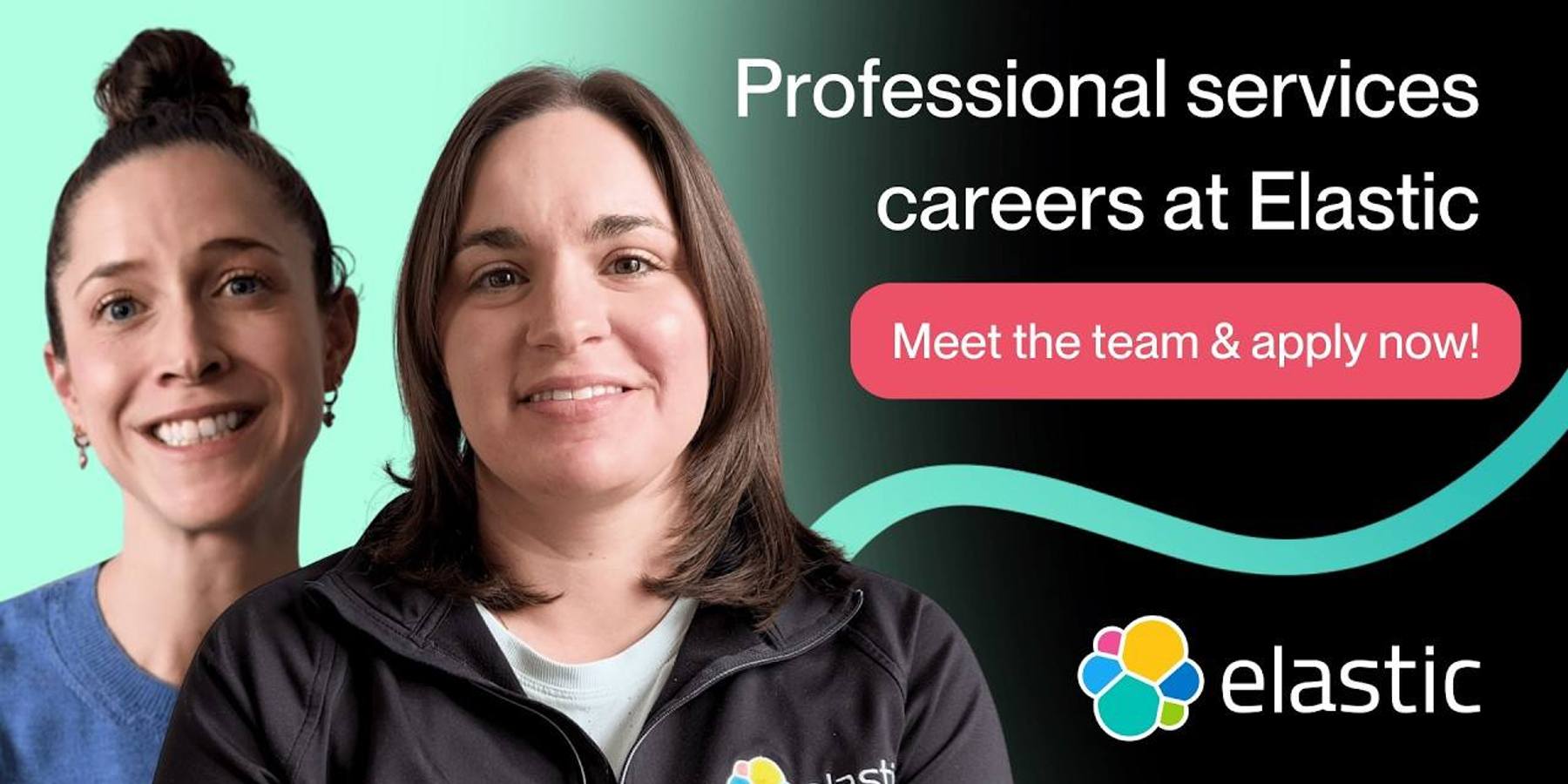According to a recent report, 86% of middle-aged people are looking for a career change. So, if you’re also thinking of a career change at 40, you are not alone!
Whatever your reason for looking at changing careers at age 40, you’re in good company. Maybe one of these applies to you –
- Realizing your true calling, developing your passion.
- Looking for a change, a break from the monotony.
- You want a more rewarding career, mentally or financially.
- Current career doesn’t allow for a good work-life balance.
- Not satisfied with your current trajectory.
No matter the reason, we’re here to encourage you to pursue new exciting paths, and we also understand that new roads can come with new bumps and challenges. Changing careers at 40 isn’t the same as starting fresh at 20.
Re-starting with a fresh career change at 40
Your career looks different in your 40s, and it’s likely that you have significant experience in a certain occupation or expertise, authority, contacts, and you’ve established yourself in a particular industry. Changing careers may mean scrapping a lot of those skills and network contacts. Depending on how drastic the swap, you may need new skills and contacts while you establish yourself in a new industry from scratch. Make no mistake – this often feels risky, leaving behind a comfortable and time-tested career for something unfamiliar.
On the bright side, a mid-life career swap might just be what you need! It could open avenues to growth beyond the scope of your current routine choices and provide a much more fulfilling career path.
We see a midlife career change as a fresh branding exercise – all you need is the right game plan to hit a home run. Here’s your guide to a midlife career change, the smart and simple way:
1. Know the why
First things first, be sure of why you are making a career change at 40. What is it that you hope to get out of the change? Financial freedom? More liberty and leisure? Having a firm grasp on your ‘why’ helps you job-hunt, otherwise, in the process of finding a new job, you may end up taking jobs that don’t comply with your values and goals. (Psst: It’s okay to do this in stages while you break into a new industry!)
2. Know the what
Once you know why you want a new career, you can start to look at what. The new gig may have a similar profile as your old one, maybe even with a few skills in common! If it is a drastic change, you’ll want to make it strategically.
It’s also absolutely okay to want a midlife career change without having a totally concrete idea of what it is that you want to do. You may start by simply answering three questions: What is my passion? What is my vocation? What could be my new job title? (Editor note: You can reverse-engineer this by looking at where your favorite skills show up on job descriptions!)
3. Know where to look
Look, no judgment, but maybe the last time you had to look for a new job was loooooooong ago, and the landscape has changed for the better! Smarter, sharper, and smoother platforms are the new normal, like, say…PowerToFly?
Lean in on LinkedIn. Update your resume and let your connections know you’re in the market, because you never know who may be the one to offer you the opportunity you are looking for. The people you already know may be able to pave your path ahead.
Communicate your intent of making a midlife career change, and don’t forget to tailor your resume for Applicant Tracking Systems (ATS). ATS has become the first layer of filter before the CV reaches the human filter. Optimize it for tech, but don’t forget that people will read it too!
4. Identify skills you can build on
The advantage of changing careers at 40 is that you are more experienced than a 20-year-old. You might have 20+ years of work experience, and through that time, you have picked up on a handful of transferable skills, like team management or basic usage of Microsoft products, or effective communication; essentially the skills that can be applied to multiple jobs and give you a leg up no matter which industry you’re pursuing.
5. Identify skills you need to learn
Technology is an important ally, and in almost every modern job, tech skills have become indispensable – including some AI knowledge. You probably know how ChatGPT can write, and Midjourney can paint, but getting a handle on some of these tools can help with your job hunt and your eventual career.
“I’m so behind on tech!” is a common lamentation from folks looking to swap careers. Skillcrush is a fantastic resource, combining lectures, workshops, and courses, on everything tech from experts. (Hurry and grab free access to our Bootcamp!) The more skills you pick up, the better your chances of securing a well-paying job in today’s tech times. Also, don’t forget to add these certificates and newly acquired skills to your resume and LinkedIn! It could help you reach potential recruiters or bring in more relevant connections for a midlife career change.
6. Seek expert guidance
Identify the top voices in the industry you would like to shift your career to. When picking a mentor or a guide, rely on online reviews as well as word-of-mouth. You should also seek out help from established and verifiable coaches and counselors.
7. Communicate with clarity, confidence, and compassion — in that order
During interviews, it’s important to let your interviewer know why you have decided on such a big transition. A career change at 40 can be a pivotal turning point, and we should communicate our expectations and vision. Don’t let a break or a fresh start make you nervous – people have lots of reasons for career shifts and it can even be a strong selling point. And when you get to the job, you may find things very different from what you’re used to, but that you can bring a fresh perspective to the team. Compassion and a willingness to learn from everybody makes changing careers at 40 much more fun!
8. Expectation setting
The competition in the job market has gone up. Particularly considering the rise of remote work, there are more applicants than ever, and recruiters are much busier. Looking for a new career has to start with the right expectation that there will likely be some rejections, some dead-end leads, and unfortunately, some ghosting. Don’t fret – eventually your perseverance and patience will pay off! Using job boards tailored to your industry or that focus on values you care about may help you weed through the noise.
9. Timeline setting
How do we know for sure that a career change at 40 isn’t going to be catastrophic? This may be insecurity: You're leaving behind an established path for something uncharted. Setting your own benchmarks, milestones and timelines will provide you a layer of comfort during the transition. For example, you could have a personal audit every three months or so to map out the progress you have made. This will also help you understand if the financial investments made in acquiring new skills and job searching have been fruitful. The idea here is to not fall victim to the sunk cost fallacy. You want to give your new career a chance to blossom, while also being practical and vigilant.
10. Phase it out
Not sure if a full-blown career change at 40 is a good idea? Not sure if you're meant for this new job you want to take? Take baby steps! Is it something you can start by taking it up as a side job? Are you financially able to take a more entry-level position so you can learn? Are you willing to take a job in the right industry even if the title doesn’t feel exactly right? These are all things you can self-examine to see if you can mitigate your swap risk and ensure you’re headed towards a better, more fulfilling career.
At PowerToFly, we bring to you experts as well as peers who could help you make this transition with the support of a community. Find your people here at our career crossroads and new chapters community space. Interested in swapping to tech? Trial Skillcrush for free and get started today!








